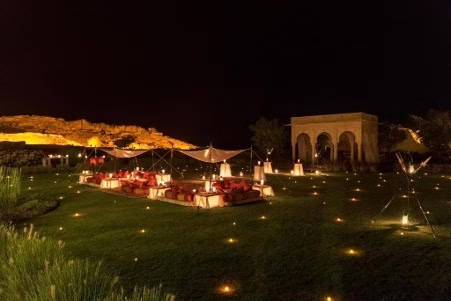Navigating the Traditions: Marriage Arrangement Namboku

Introduction:
Marriage, a consecrated establishment that ties two people in a deep rooted responsibility, takes different structures across societies. In the domain of Japanese custom, the act of Namboku, or marriage game plan, has profound verifiable roots. Investigating the subtleties of this social peculiarity divulges a rich embroidery that interlaces custom with present day values. This blog entry digs into the complexities of marriage plan Namboku, revealing insight into its starting points, contemporary importance, challenges, and the developing job of people in molding their fates.
Beginnings of Namboku:
The foundations of Namboku can be followed back to old Japan, where organized relationships were a typical practice. Namboku, specifically, alludes to a type of marriage game plan where families assume a critical part in matchmaking. By and large, this approach meant to reinforce social ties, merge abundance, and keep up with the progression of family heredity. The fastidious cycle included thinking about variables like social standing, financial status, and similarity to guarantee an amicable association.
In the Namboku custom, families frequently looked for the direction of relational arrangers, who were talented in assessing potential matches in view of different models. While the elements of organized relationships have advanced throughout the long term, the pith of Namboku keeps on affecting the wedding scene in Japan.
Contemporary Importance:
In the 21st 100 years, the act of Namboku has gone through huge changes, adjusting to the changing cultural standards and individual goals. While the customary viewpoints continue in certain families, a cutting edge approach has arisen, permitting people more prominent office in the dynamic cycle. The idea of organized relationships is presently not inseparable from compulsion; rather, it has developed into a cooperative exertion where families and people look for shared conviction.
Today, many couples inside the Namboku custom have the potential chance to meet and get to know one another prior to settling on marriage. This mixing of custom and innovation has prompted more nuanced and customized matches, where similarity and shared values are focused on close by familial contemplations.
Challenges in the Namboku Scene:
Regardless of the development of Namboku, challenges continue finding some kind of harmony among custom and individual independence. One of the essential worries is the potential for jumbled assumptions between the couple and their families. Exploring the sensitive territory of family assumptions while regarding individual cravings requires open correspondence and shared understanding.
Also, cultural assumptions and outside tensions can add to pressure inside the Namboku system. Finding some kind of harmony among custom and the quest for individual satisfaction represents a test that people inside the Namboku custom wrestle with as they leave on the excursion of marriage.
The Advancing Job of People:
In the contemporary setting, people inside the Namboku custom are effectively reshaping the account of organized relationships. With expanded admittance to training, profession amazing open doors, and openness to assorted perspectives, people are declaring their inclinations and testing regular standards. The developing job of ladies, specifically, has had a pivotal impact in changing the elements of Namboku, with more accentuation put on assent and shared direction.
The advanced Namboku account urges people to be dynamic members all the while, voicing their longings, and adding to the similarity evaluation. This shift towards a more libertarian approach mirrors the changing cultural scene and the acknowledgment of the significance of individual organization in issues of the heart.
Conclusion:
Marriage plan Namboku remains as a demonstration of Japan’s rich social legacy, mixing custom with the dynamism of the cutting edge period. As we explore the intricacies of familial assumptions, individual desires, and cultural standards, the quintessence of Nambok perseveres, adjusting to the developing necessities of people and networks.
![]()






